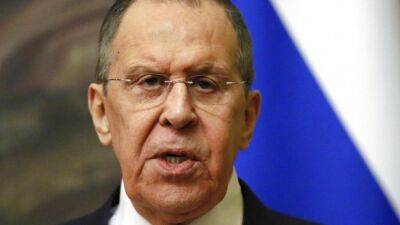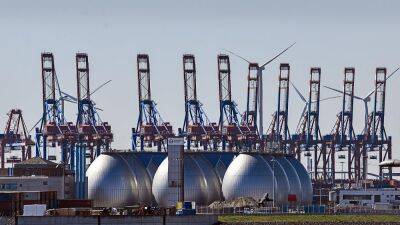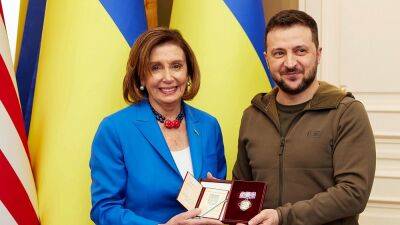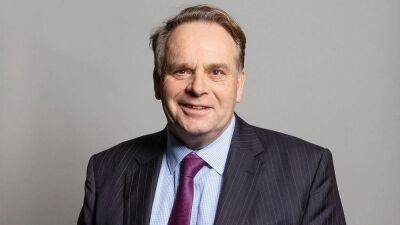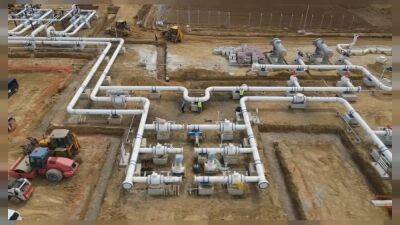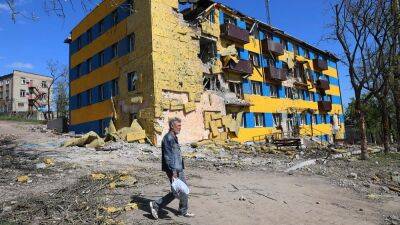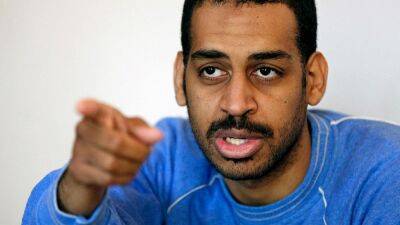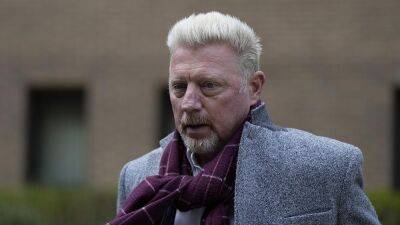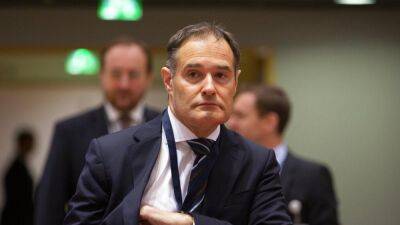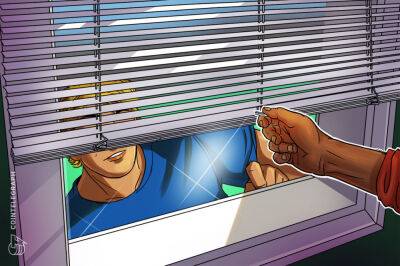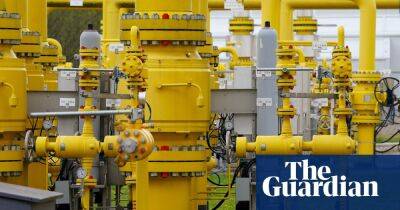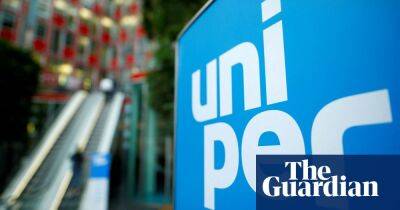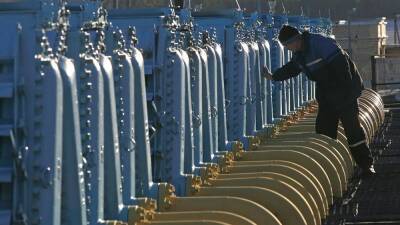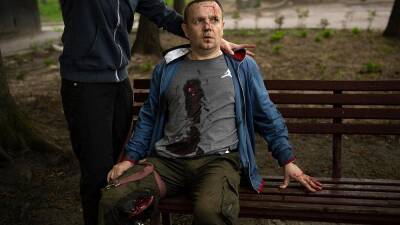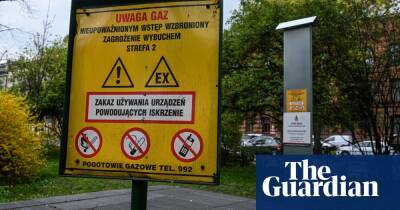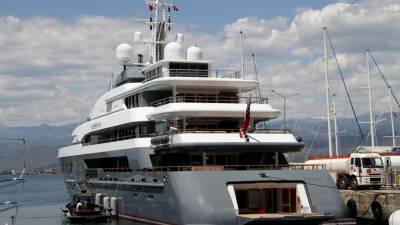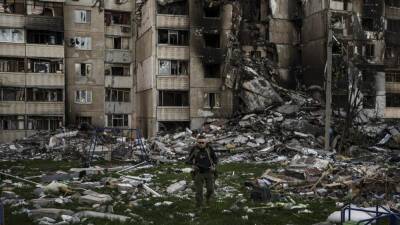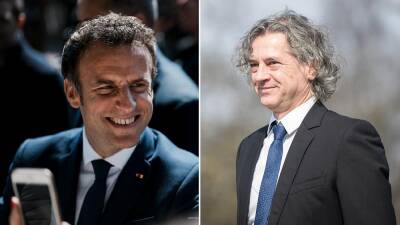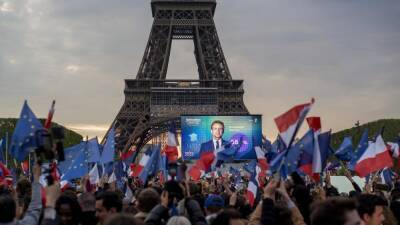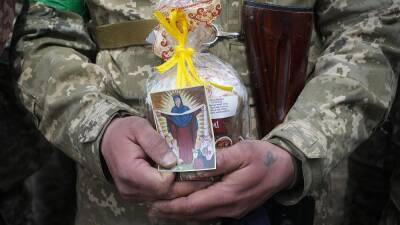Zelenskiy’s economic guru: ‘Germany can survive without Russian oil: I wouldn’t want my country facing the shame’
Before Russia’s tanks, daubed with their infamous Z, rolled into Ukraine, Oleg Ustenko’s advice to president Volodymyr Zelenskiy had focused on pension reform, privatisation and coaxing economic migrants to return.
Nearly 60 days later, the pair are instead striving to hold together an economy that, even if Vladimir Putin’s brutal bombardment were to end tomorrow, would be left in tatters.
“Everything that seemed incredible in the first week has got worse,” Ustenko told the Observer by telephone from battle-scarred Kyiv, where he learned his trade as an economist. “Can you imagine the feeling of an economist after hearing that assets destroyed in the first week of the war were worth $100bn, half of our annual GDP?”
The most terrible price paid by Ukrainians is, of course, the daily loss of life. But Ustenko, who was educated at Harvard and Kyiv’s National Economic University, has to wrestle with the economic impact, which he estimates at $1tn so far.
With half of the nation’s businesses either shuttered or operating only partially, the economy is set to have shrunk by a quarter by next month. All state expenditure has been frozen, barring defence, social support and emergency funds to provide food, water and shelter for displaced people. The budget deficit has ballooned from an expected $7bn for the year to the same amount every month.
Yet Ustenko believes in the power of economics to tackle the human cost of Russia’s invasion – the death, destruction and atrocities emerging in Bucha and elsewhere. Key to this is convincing the west – and Europe in particular – to forsake Russian oil and gas and ramp up punitive sanctions on the Kremlin. The other mammoth task is to start planning for the reconstruction effort that will
Read more on theguardian.com

